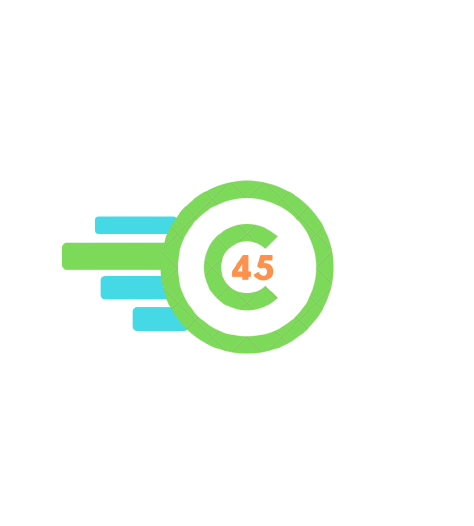The FBI, CISA, and the U.S. Depository Department are cautioning that North Korean state-supported programmers are utilizing ransomware to target medical care and general well-being area associations across the United States.
In a joint warning distributed Wednesday, the U.S. government organizations said they had noticed North Korean-upheld programmers conveying Maui ransomware since basically May 2021 to scramble servers liable for medical care administrations, including electronic wellbeing records, clinical imaging, and whole intranets.
“The FBI surveys North Korean state-supported digital entertainers have sent Maui ransomware against Healthcare and Public Health Sector associations,” the warning peruses.
“The North Korean state-supported digital entertainers probably accept medical care associations will pay ransoms on the grounds that these associations offer types of assistance that are basic to human existence and wellbeing.
Due to this presumption, the FBI, CISA, and Treasury evaluate North Korean state-supported entertainers are probably going to keep focusing on [healthcare] associations.”
The warning notes that in a significant number of the episodes noticed and answered by the FBI, the Maui ransomware made disturbance medical care administrations “for delayed periods.”
Maui was first recognized by Stairwell, a danger-hunting startup that plans to assist associations with deciding whether they have been compromised, toward the beginning of April 2022.
In an examination of the ransomware, Stairwell chief figure out Silas Cutler noticed that Maui needs large numbers of the elements generally seen with tooling from ransomware-as-a-administration (RaaS) suppliers, for example, an implanted payoff note or computerized method for sending encryption keys to aggressors.
Rather, Stairwell infers that Maui is possible physically sent across casualties’ organizations, with far-off administrators focusing on unambiguous documents they need to encode.
North Korea has long utilized digital currency-taking tasks to subsidize its atomic weapons program. In an email, John Hultquist, VP of Mandiant Intelligence, expressed that thus “ransomware is an easy decision” for the North Korean system.
“Ransomware assaults against medical care are a fascinating turn of events, considering the spotlight these entertainers have made on this area since the rise of COVID-19.
It is generally to be expected for an entertainer to adapt access which might have been at first gathered as a component of a digital reconnaissance crusade,” said Hultquist.
“We have noted as of late that North Korean entertainers have moved concentrate away from medical care focuses to other conventional strategic and military associations.
Tragically, medical care associations are likewise remarkably powerless against blackmail of this kind in light of the serious results of a disturbance,” he added.
The warning, which additionally incorporates signs of give and take (IOCs) and data on strategies, methods, and techniques (TTPs) utilized in these assaults to assist with systems administration protectors, urges associations in the medical care enterprises to reinforce their safeguards by restricting admittance to information, switching off network gadget the executives’ interfaces, and by utilizing checking apparatuses to see whether the Internet of Things gadgets have become compromised.
“The FBI, alongside our government accomplices, stays cautious in the battle against North Korea’s malignant digital dangers to our medical services area,” said FBI Cyber Division colleague chief Bryan Vorndran.
“We are focused on offering data and alleviation strategies to our confidential area accomplices to help them in supporting their guards and safeguarding their frameworks.”
The U.S. government’s most recent admonition follows a spate of prominent cyberattacks focusing on medical services associations; University Medical Center Southern Nevada was hit by a ransomware assault in August 2021 that compromised records containing safeguarded well-being data and by and by recognizable data.
Eskenazi Health said in October that cybercriminals approached their organization for very nearly three months. Last month, Kaiser Permanente affirmed a break of a worker’s email account prompted the robbery of 70,000 patient records.

















